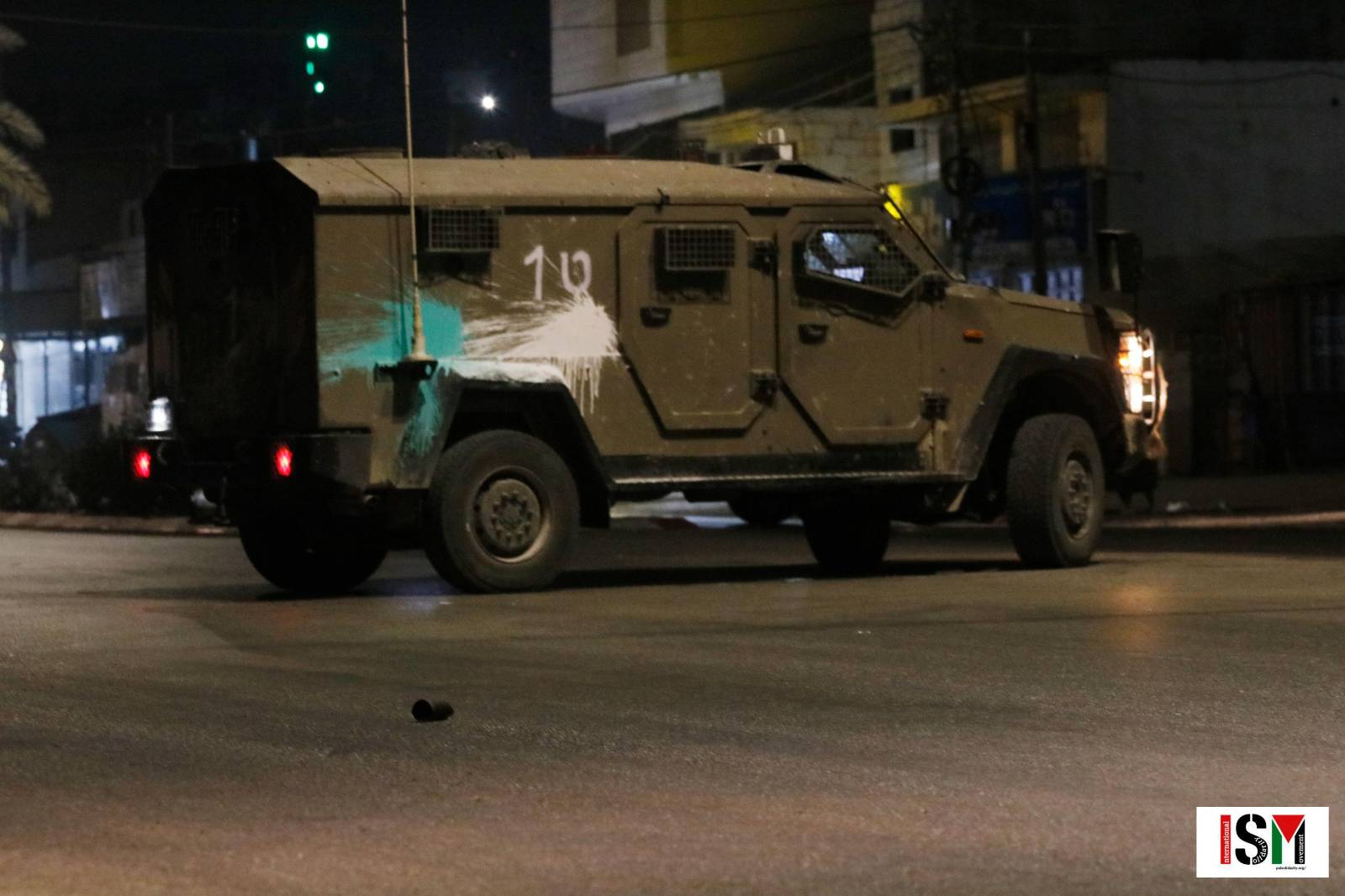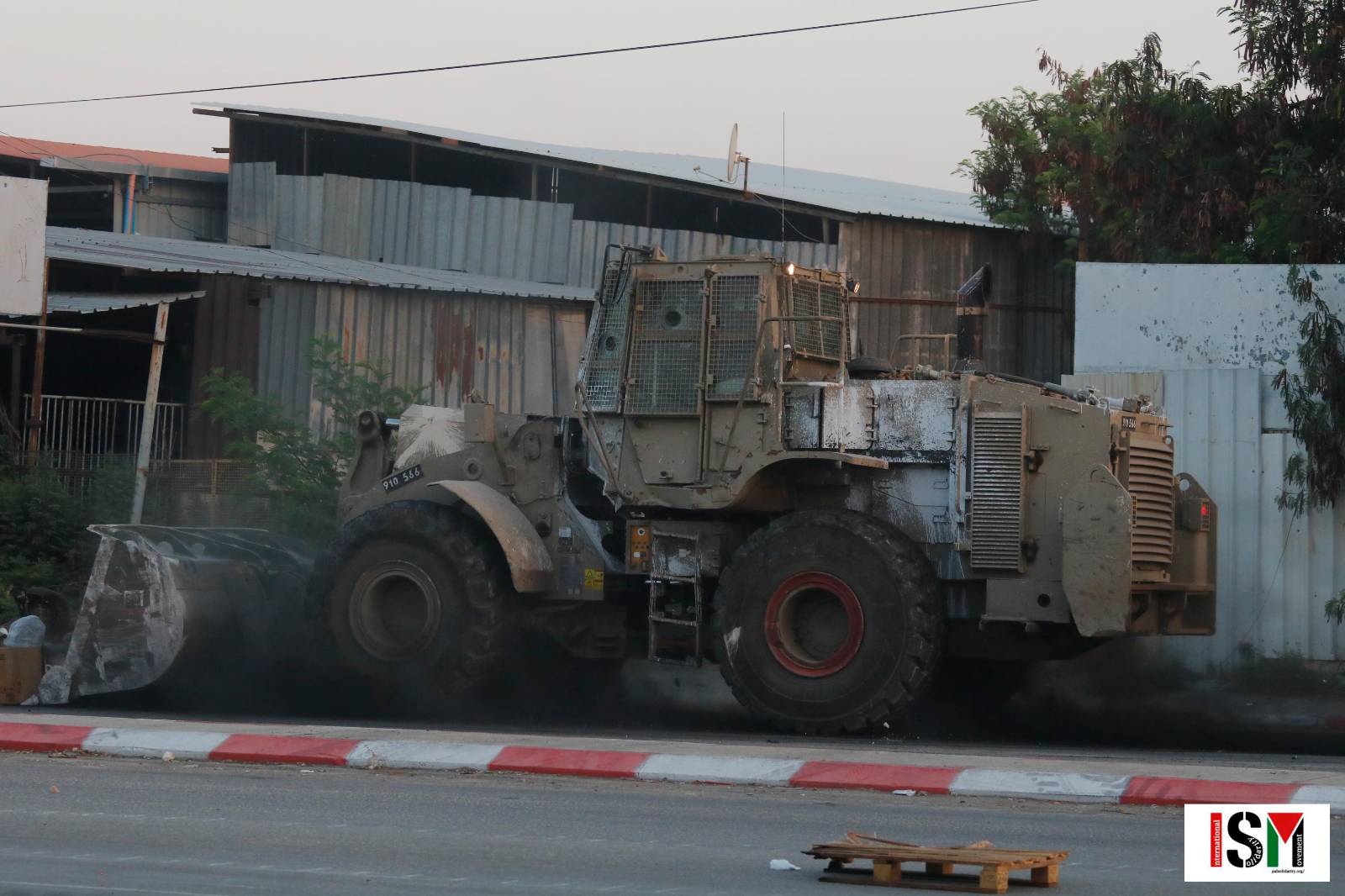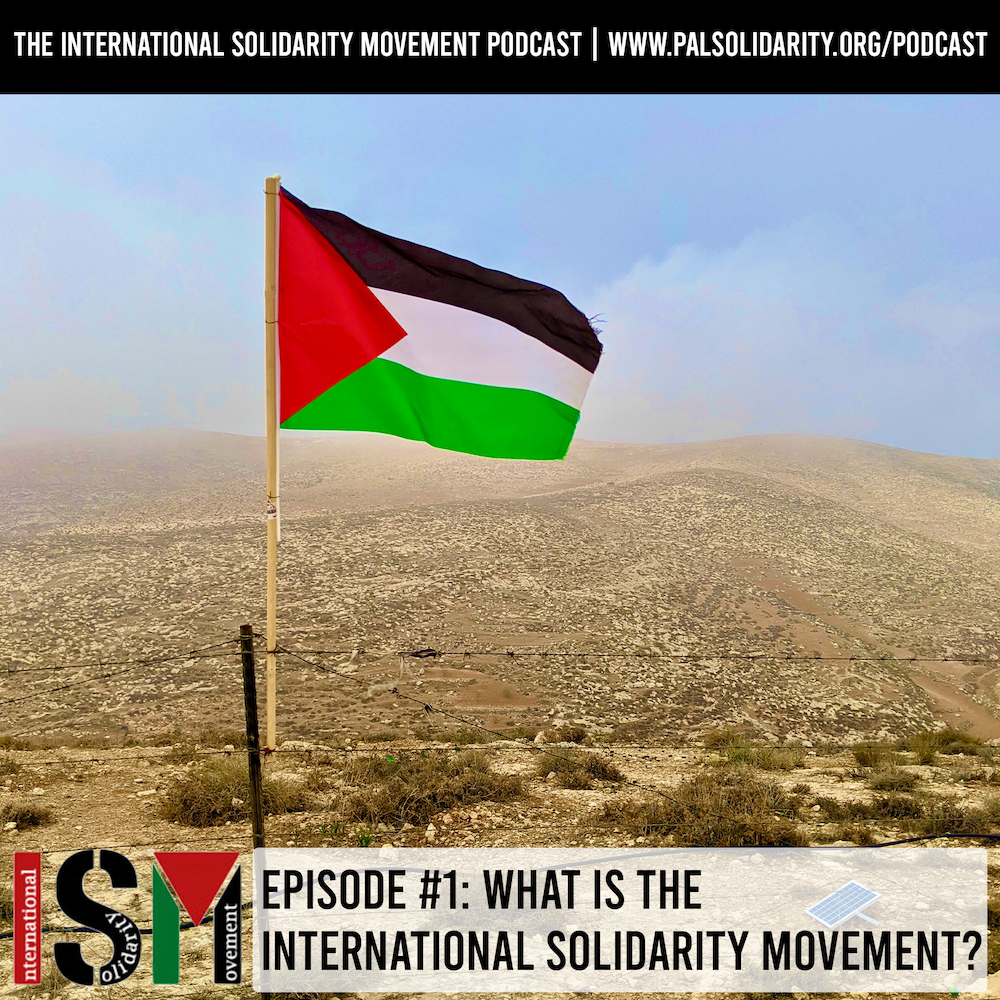Tag: Tulkarem
-
Destruction after destruction in Nur Shams camp
Photos and text by Diana Khwaelid for ISM 20 days after the storming and the recent massacre in Nur Shams refugee camp (in Tulkarem), the Israeli occupation launched a military campaign into the camp again. On the night of Saturday, 24-9-2023, at 12:00 AM, dozens of Israeli military vehicles, two bulldozers and two D9-type military…
-
Steadfastness in the face of occupation: A report on the attack on Nur Shams camp
Photos and text by Diana Khwaelid for ISM Residents of Tulkarm – and in particular the Nur Shams refugee camp – woke up to a sad morning on Tuesday 5th of September. Dozens of military vehicles, troop carriers, and three Caterpillar D9 military bulldozers accompanied by an Israeli police vehicle stormed the Nur Shams refugee…
-
The International Solidarity Movement podcast episode one: An introduction to ISM
In this first episode of the International Solidarity Movement podcast, we interview Abdel Karim – who has been with the movement since the early 2000s. The ISM is a grassroots Palestinian-led organisation, with principles of non-violence , non-hierarchy, and anti oppression. It makes all of its decisions by consensus. Over the last 20 years it…



